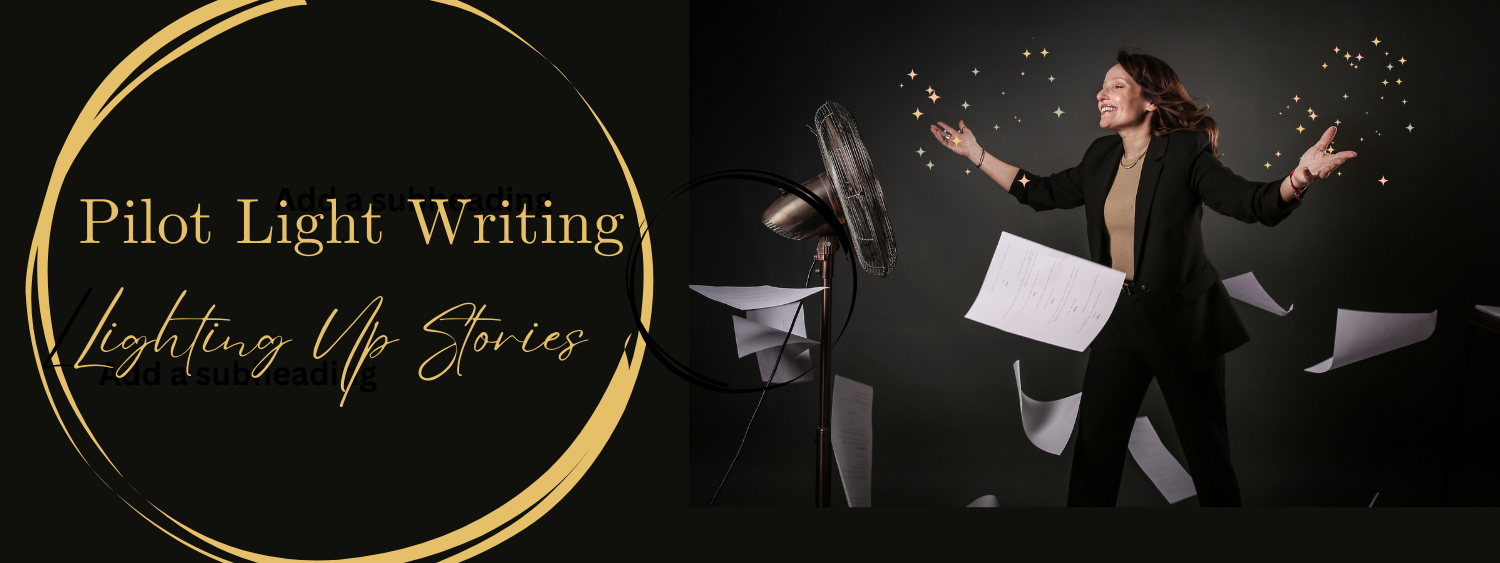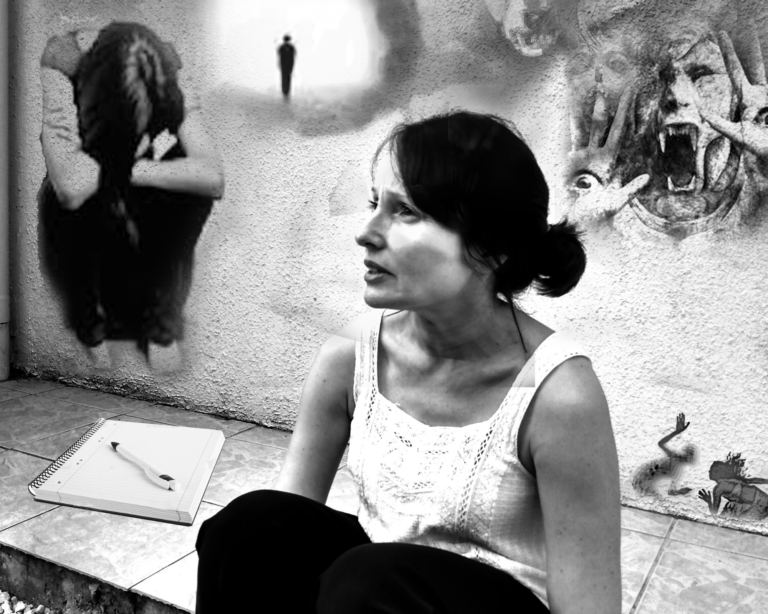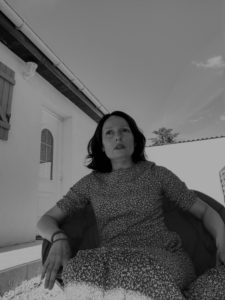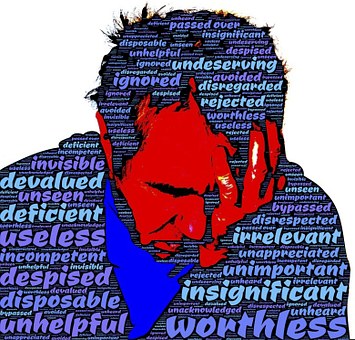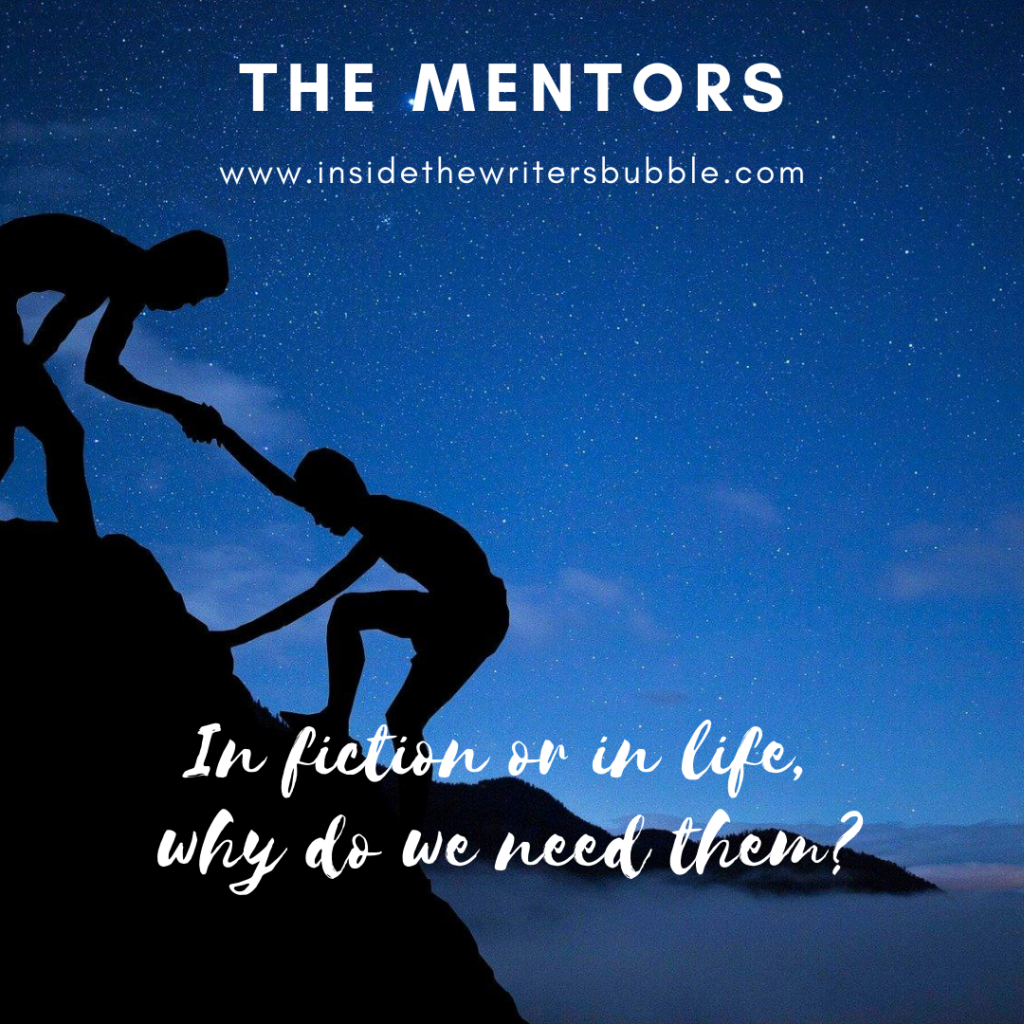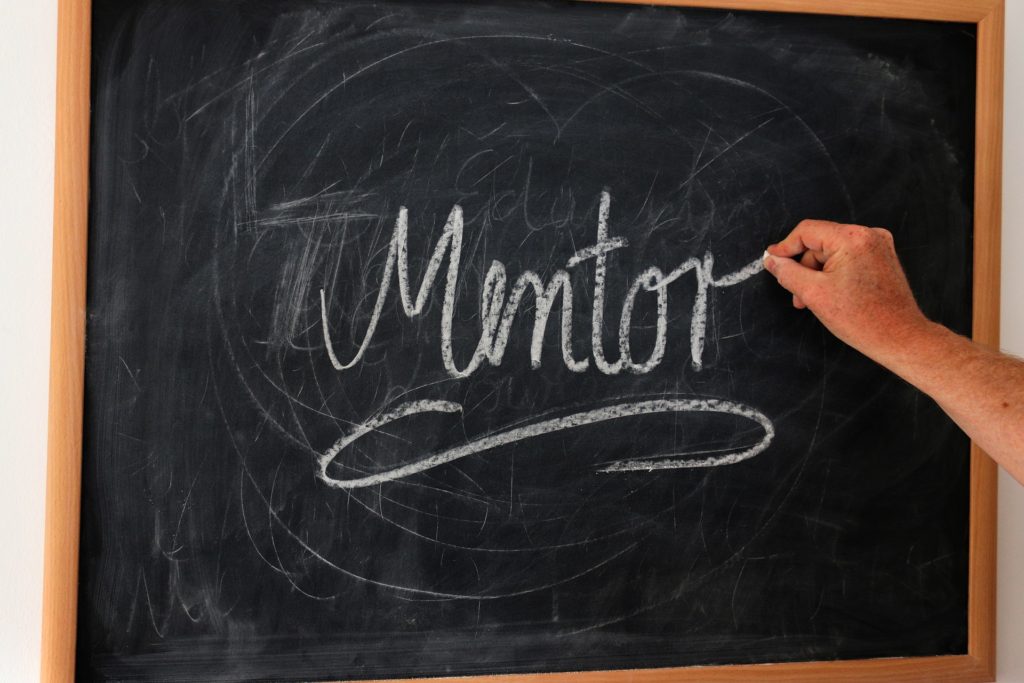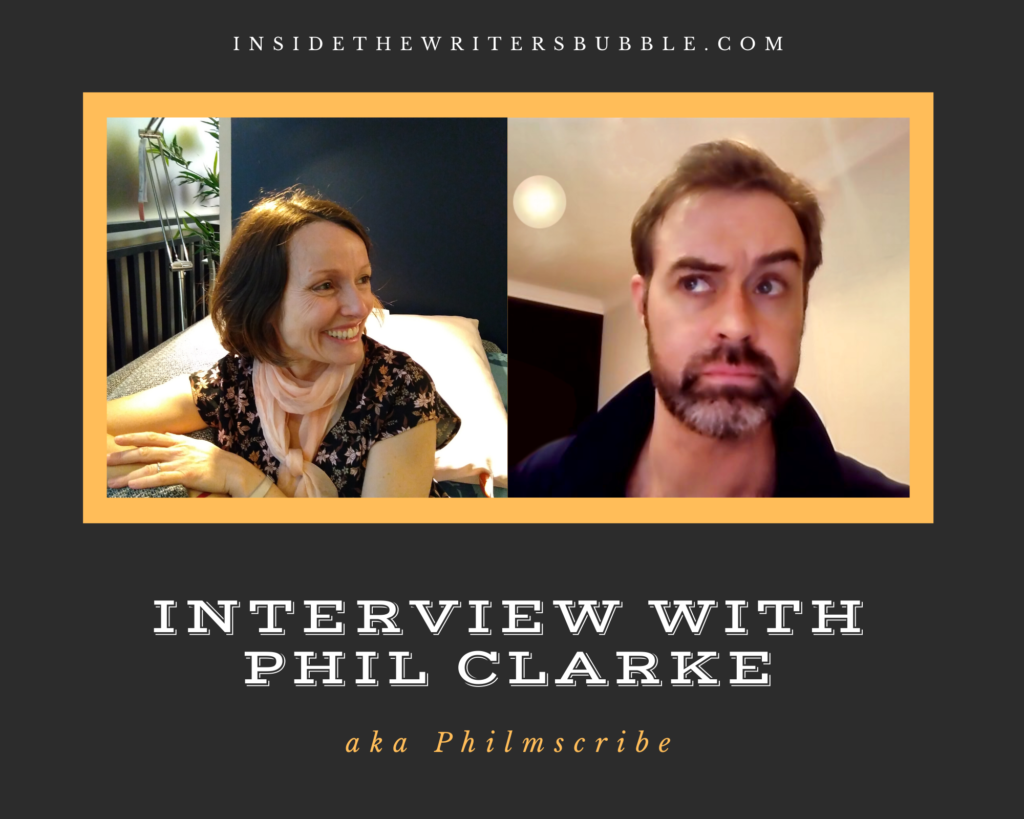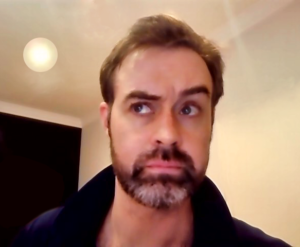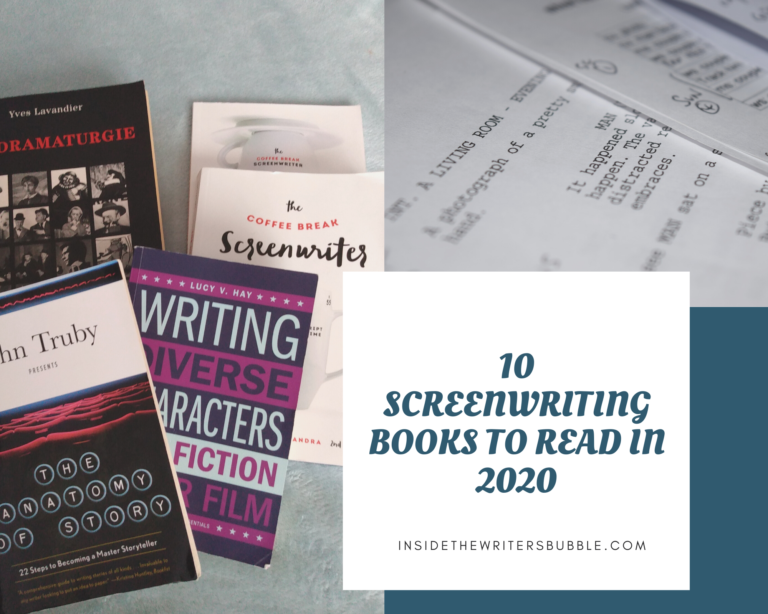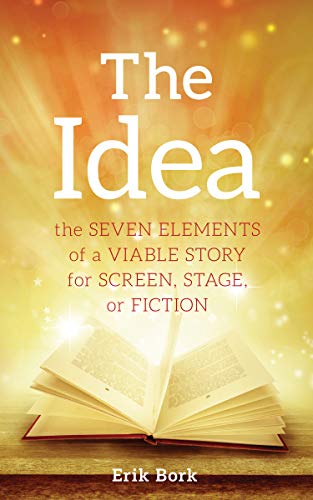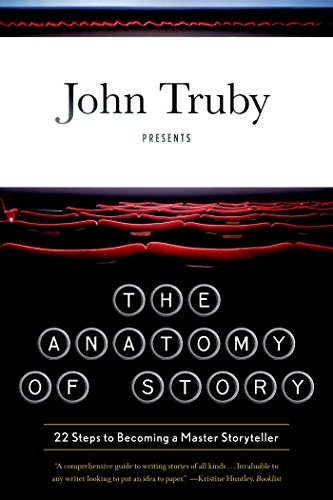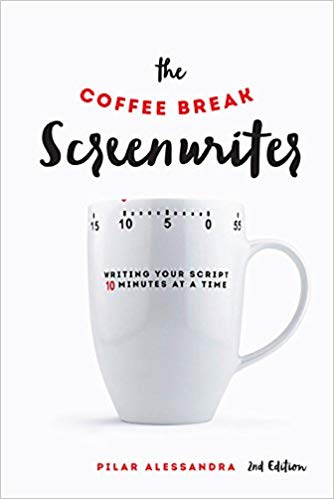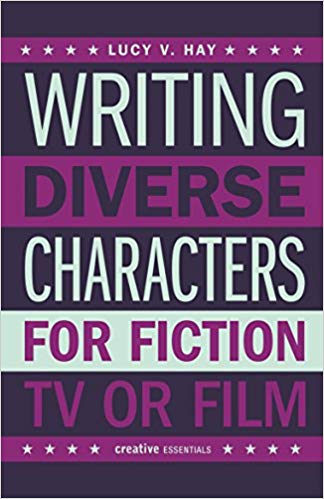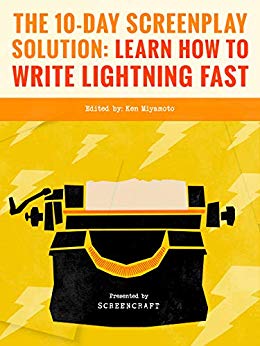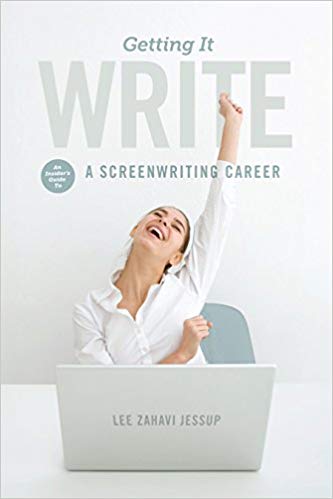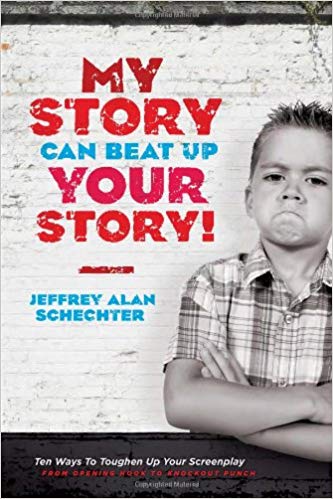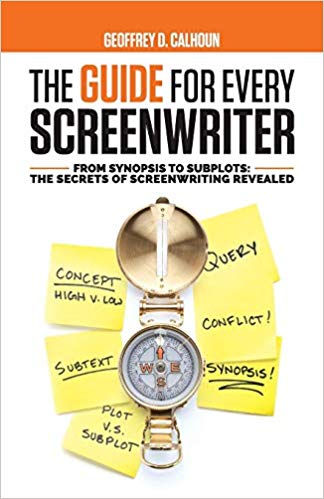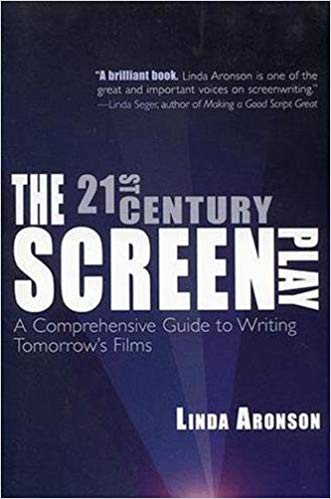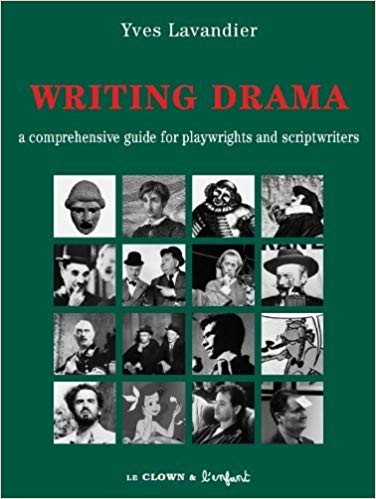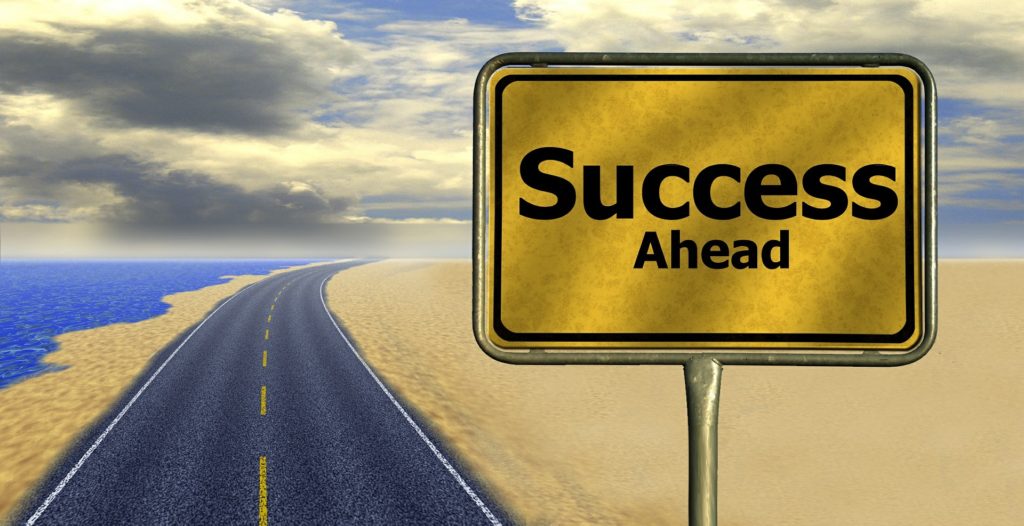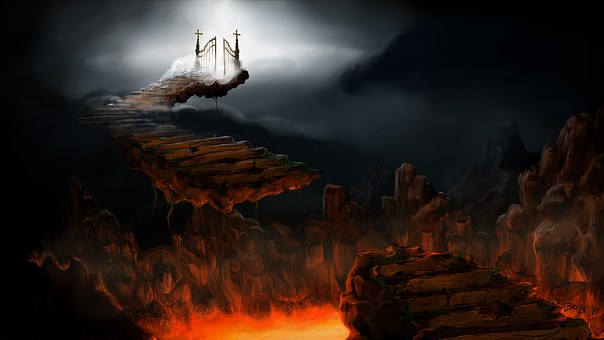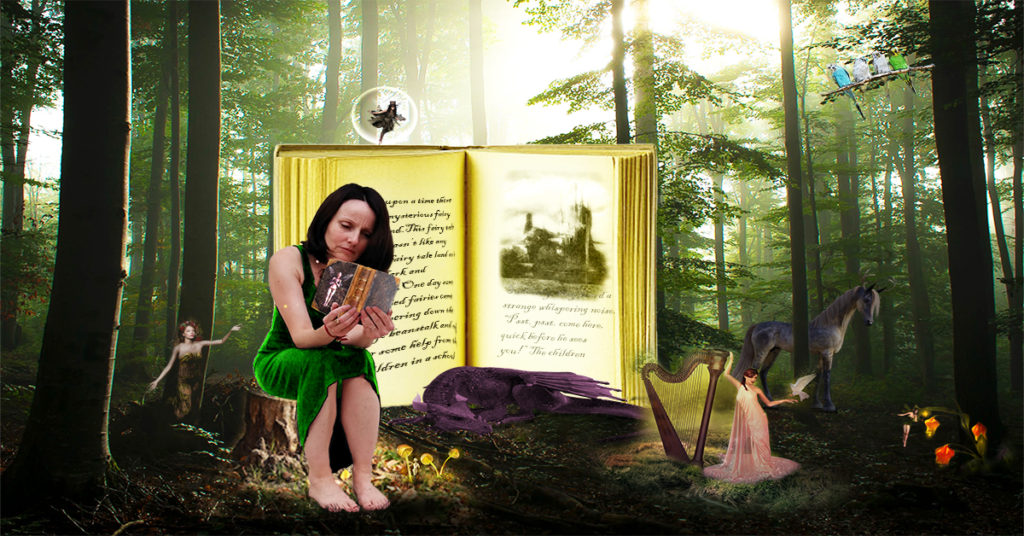
Dot 1: Books are Magical Things
It’s not you who choose a book, it’s the book that chooses you.
Have you ever come across a book that matches exactly how you felt? Or answered a question that you had in mind? Or simply felt a sudden urge to read a book?
When I was a kid, I was a lone child with no friends. My parents thought that boredom would be good for me, that it would stimulate my imagination. My options being limited, I decided to live there. In my imagination.
At school, my parents were often called by the headteacher: ‘Your daughter seems to be living with the fairies’. That fact seemed to upset everyone around me. I didn’t see where the problem was. The fairies were far nicer than my peers who often welcomed me by a ‘hey midget, did you have a fight with a mosquito last night?’ (referring to my spotty face).
At home, there was no books. My parents were too busy working, no time for reading so therefore no books.
Once, I hid in the attic of my grandma’s countryside house, among the spiders. There, I discovered a treasure: Agatha Christie and Ian Fleming (my uncle’s books). These books were old, smelled of naphthalene and humidity and I loved it. That’s how I became a bookworm.
Dot 2: When the Student is Ready, the Teacher Appears
At 11, I had a new french Teacher, Madame B. (I send her many blessings wherever she is). She asked the headmaster to make a library out of the built-in wardrobe in her class-which was granted.
One day, she called me and asked me to choose one book out of her ‘Narnia’ wardrobe.
I didn’t know what to choose, it was all a bit overwhelming. She gave me ‘The Diary of Anne Frank’. I read it within hours. Every week, I came for more: Italo Calvino, Samuel Beckett, Albert Camus….
The following year, Madame B. gave feeding instructions to my next French teacher, Madame D.: ‘This girl eats books’.
Madame D. (bless you wherever you are too) took her feeding instructions very seriously and gave me ‘Le Rouge et le Noir’ (‘The Red and The Black’) by Stendhal. It was a shock. From the first page, I couldn’t leave the book alone. When I finished it, I told her: ‘I’ll never be able to read another book again. This was the best one ever’.
Madame D., who was a beautiful human being, laughed out loud. ‘Don’t be silly, of course you will!’. She gave me other books to read: Flaubert, Boris Vian, Pascal, Balzac… I did enjoy them all but not as much as ‘The Red and the Black’. It wasn’t as… intense.
With her, however, I discovered a taste for philosophy. One day, she gave me to read Candide by Voltaire (the French equivalent of Shakespeare). Saying that I loved this book would be an understatement.

At 17, I do my Baccalauréat. My French exam is an oral where an examiner has to choose a text out of 15 books. I enter the room very nervous and wait for her to tell me the name of the book. She scrolls down her list and stops her long fingernail on a name: Candide, Voltaire.
I couldn’t believe my luck.
For 20 minutes, I couldn’t shut up. When my time was up, she said she had never met someone who knew so much about this book. She gave me the highest mark she has ever given.
I walked out of her office, feeling as tall as the Eiffel tower.
That day, I had a revelation. It wasn’t a coincidence.
All the reading moments in my life led me to that one. That book chose me, Voltaire, chose me.
Something is guiding us. The French philosopher Pascal was right.
That day, I had the confirmation about something I had suspected all my life: there is something more to life that what we are all brainwashed to believe. It’s not all about the economy.
Dot 3. People Give You Books For a Reason
2012. I’m married with two babies. They are my life, my reason to live. Yet, my bubbly self is gone. Whatever I do, I seem to go on downward spiral. A friend, who knows me well, is desperate to see me happy again. She puts a book in my hand: The Secret by Rhonda Byrne.
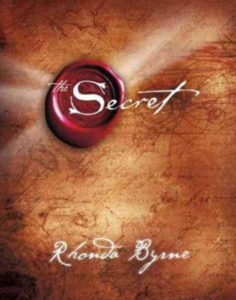
I read it and I didn’t feel anything.
It was a bit too much for me, this ‘positive thinking/outcome’ thing. My life was dark, I couldn’t see any way out. I gave it back to her. She tried to convince me to look deeper into it but I wasn’t having it.
Years later, I worked in a little shop in the UK. Once a customer gave me a gift: The Secret. This book again! I thanked her and told her I had already read it. But she insisted that I should read it again. I accepted it but soon after, I passed it to another friend.
2016. Another friend gives me the same book. It couldn’t be just a coincidence. Why did it keep showing up in my life? I sat down and looked at it: ‘All right then. Show me what you’ve got’.
While I was ready to give a shot to the message of this book, something happened. Three upsetting things came up all in the same week : The council wanted to close my husband’s business, a huge debt showed up from a gas bill, and a problem with my son at school.
I started to panic but quickly I understood what was going on. I had decided to change my ways and I was being tested.
I had the choice. I could either react like I always did or I could try something new (and totally unfamiliar) and follow the guidance of a little book. I opted for the latter.
I won’t give you the details because it would bore you to death but within two weeks my three problems were gone and dusted.
The school admitted they had made a mistake, the debt was illegal so it got erased and my husband’s business kept going.
Needless to say, I didn’t sort everything out by myself, a lot of people helped us to make it right again but I looked for these people, I expected solutions to appear. And they appeared. All thanks to a book.
Dot 4. Life is about connecting the Dots
The book itself is irrelevant.
The last book I read was ‘Happy Money’ by Ken Honda. Before reading this book, I never thought you could put these two words together: Happy and Money.
Turned out, apparently, you can.
This book changed my perspective on money and moreover, on spending.
‘Happy Money’ was suggested to me by a friend, I followed her piece of advice and I’m glad I did.
In other words, each book carries a personal message for us. They change our perception of life and enlarge our vision. Books are Dots.
However when the book presents itself to us, we have no idea it’s a dot. It’s only looking back that you realized it was one.
As Steve jobs said: You can’t connect the dots looking forward; you can only connect them looking backward. So you have to trust that the dots will somehow connect in your future. You have to trust in something — your gut, destiny, life, karma, whatever.
2018. While on a train to London, I was reading a book from my mentor Lucy V. Hay. The woman in front of me was intrigued by it so we talked about it. I didn’t know it then, but this person was going to be one of my closest friend and also a strong business ally. A book, a dot, connected our paths and has changed my life.
In conclusion, I would invite you to observe the dots sent to you. Take it as a game if you wish. Try it for a week or two, just observe the dots, the messages, the people who are sent to you. And each time ask yourself: what is there for me to learn?
Let me know.
I would like to finish with a quote from Catherine Ann Jones: ‘What we read influences us as thought is a powerful thing — both positively and negatively. What food are you putting inside your mind?‘
Thank you for reading x
This post is dedicated to my dear friends and book whisperers Saskia and Sally Bibb.
